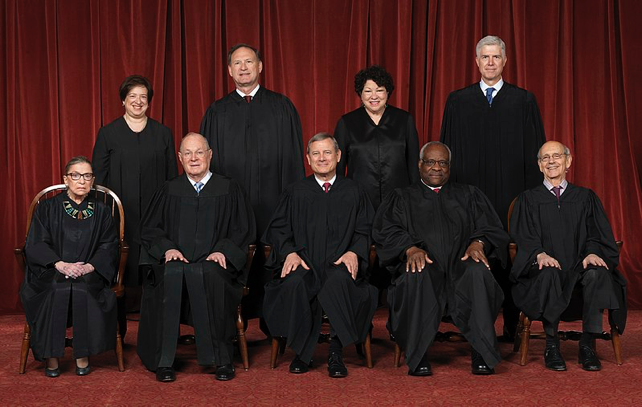For Online Sellers and Consumers
July 2018
Way back in 1992, the last century, the U.S. Supreme Court (SCOTUS) ruled that a seller must have a physical presence in a state in order to be required to collect and remit sales/use tax on sales to instate customers. Of course that court opinion was not written with the realities of today’s global internet market in mind. As a result, many states felt that the physical presence requirements are no longer relevant.

Last month SCOTUS, in a 5-4 decision, erased decades of reliance on the physical presence test. The decision in the case South Dakota v. Wayfair, Inc., allows states to require out-of-state retailers to collect sales tax from customers, even if they don’t have a physical store or warehouse in the state. Clearly this paves the way for more sales tax revenue from internet purchases, more compliance paperwork for sellers and increased costs for consumers.
Smaller e-commerce retailers are likely to feel the brunt of this decision in at least three ways:
• Taxes may be levied on both goods and service transfers.
• Unless states agree on a standard, retailers will be faced with a myriad of compliance thresholds and tax rates.
• Personnel costs are likely to increase significantly to stay current with the state-by-state requirements.
Note: There is much speculation that the winners will be local brick-and-mortar businesses now able to compete price-wise with online retail giants.
So the changing landscape of retail, revolutionized by Amazon and other visionary vendors, has now been mandated a level playing field with other traditional sellers. No longer will state lines be an invisible tax shield to interstate retailers.

In our May 2018 issue of The Blair Bulletin we addressed the preferences of American consumers when it comes to the internet. It’s worth your time to review the details of three significant revelations:
• 51% of Americans prefer shopping on line.
• The essence of a great store is not technology, it’s about helping consumes to buy.
• 81% of shoppers research online before making a purchase.
So the imposition of sales taxes to online, interstate purchases is not likely to deter American buyers. Remember the time and money savings inherent in not having to drive to multiple locations to shop for alternative fulfillments to your shopping needs. A few minutes browsing on the computer, one or more mouse clicks, and your purchase arrives at your doorstep … not much of a price to pay for a relatively small increase in sales tax cost.

